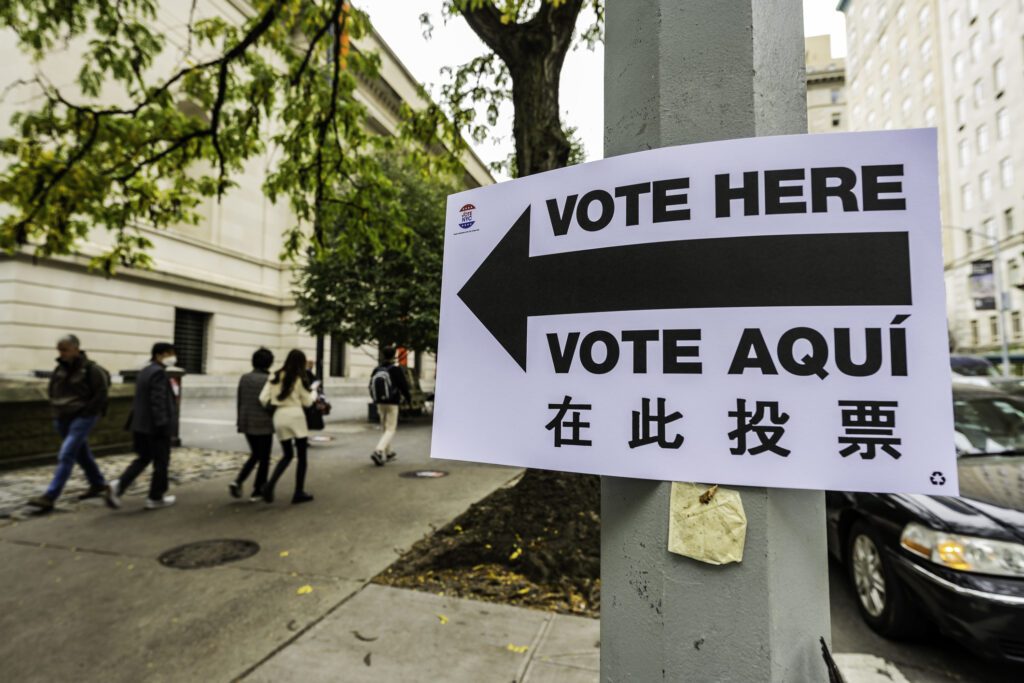Data Privacy Laws Are Restricting Marketers’ Ability to Target by Ethnicity as the U.S. Electorate is Diversifying

Image Credit: Christine McCann
The ongoing data privacy push by state lawmakers is colliding with the diversifying U.S. electorate and campaigns’ data budgets could be the collateral damage.
Colorado, Virginia and Connecticut have restricted the use of data on the ethnicity of residents in their new data privacy laws, which came into effect this year, and data brokers are responding by removing those audiences from their offerings.
There are still-compliant workarounds for campaigns looking to target voters using culturally specific creative, but they’ll come at a higher cost, according to Blaine Britten, a SVP of data strategy at Stirista, which carved out a niche nearly a decade ago as a provider of multi-cultural data elements.
“The ethnicity data, in particular, has been deemed sensitive data,” he told C&E, pointing to Colorado, Virginia and Connecticut as states where selling that type of data on residents is no longer considered permissible for targeting purposes. “In states where multi-cultural and ethnicity data is deemed sensitive data, we’ve had to completely remove those audiences.”
It was already getting harder for digital consultants to reach diverse audiences online. In January 2022, Facebook restricted political marketers’ ability to “target categories like race, ethnicity, political affiliation, religion, sexual orientation, and others within the platform.”
Meanwhile, the U.S. electorate is the most diversified in history — and Gen Z even more so. But don’t throw your hands up in the air just yet, said Britten. There is a workaround while still being compliant with those states’ data privacy laws, such as using CTV viewership data to identify Spanish-speaking audiences. That workaround, however, does come at a higher cost.
That type of restriction is one that could be included in any federal data privacy law that comes out of DC. Britten said the industry is bracing for that possible scenario.
“We want to be prepared for anything,” he said.



